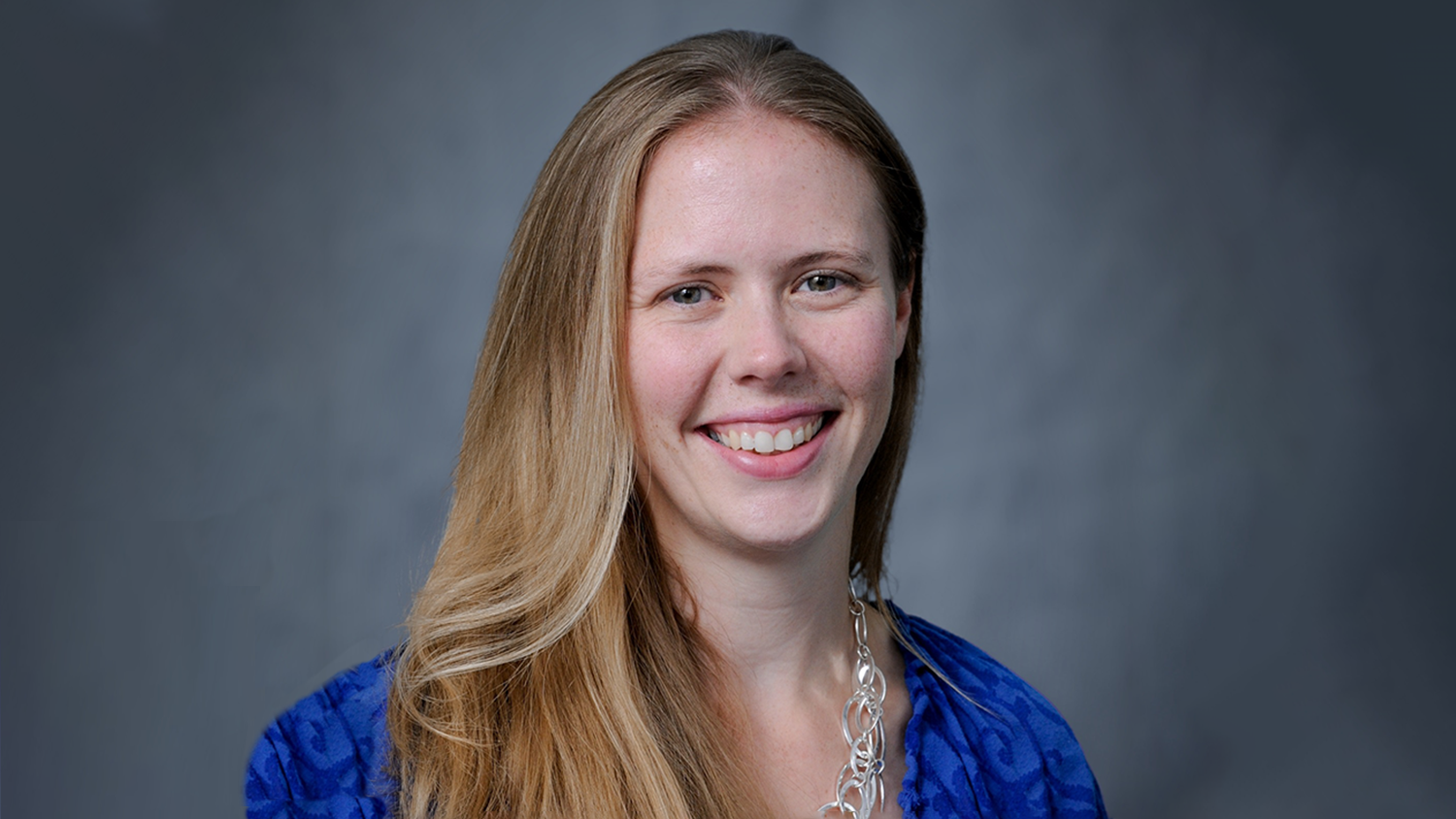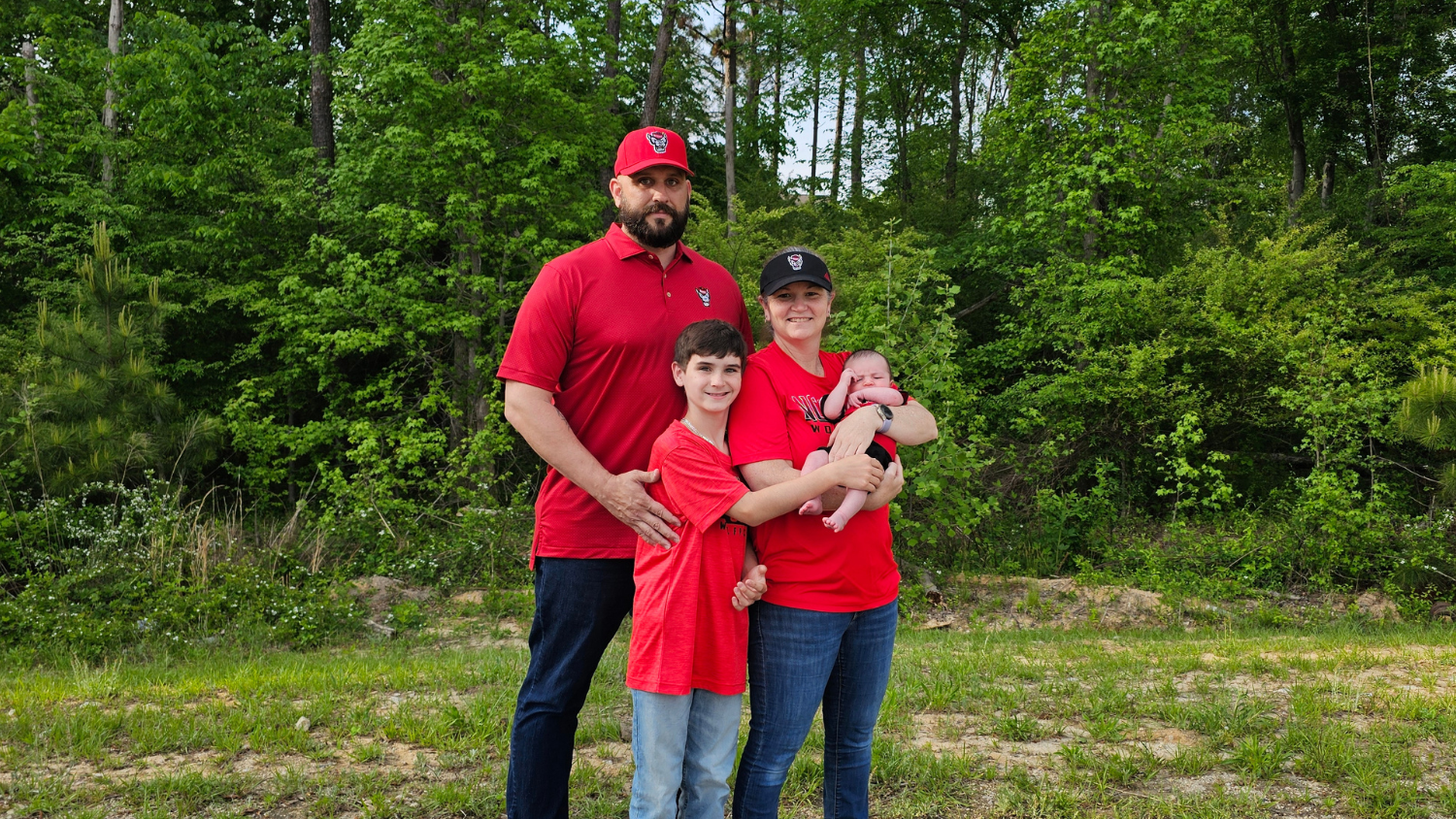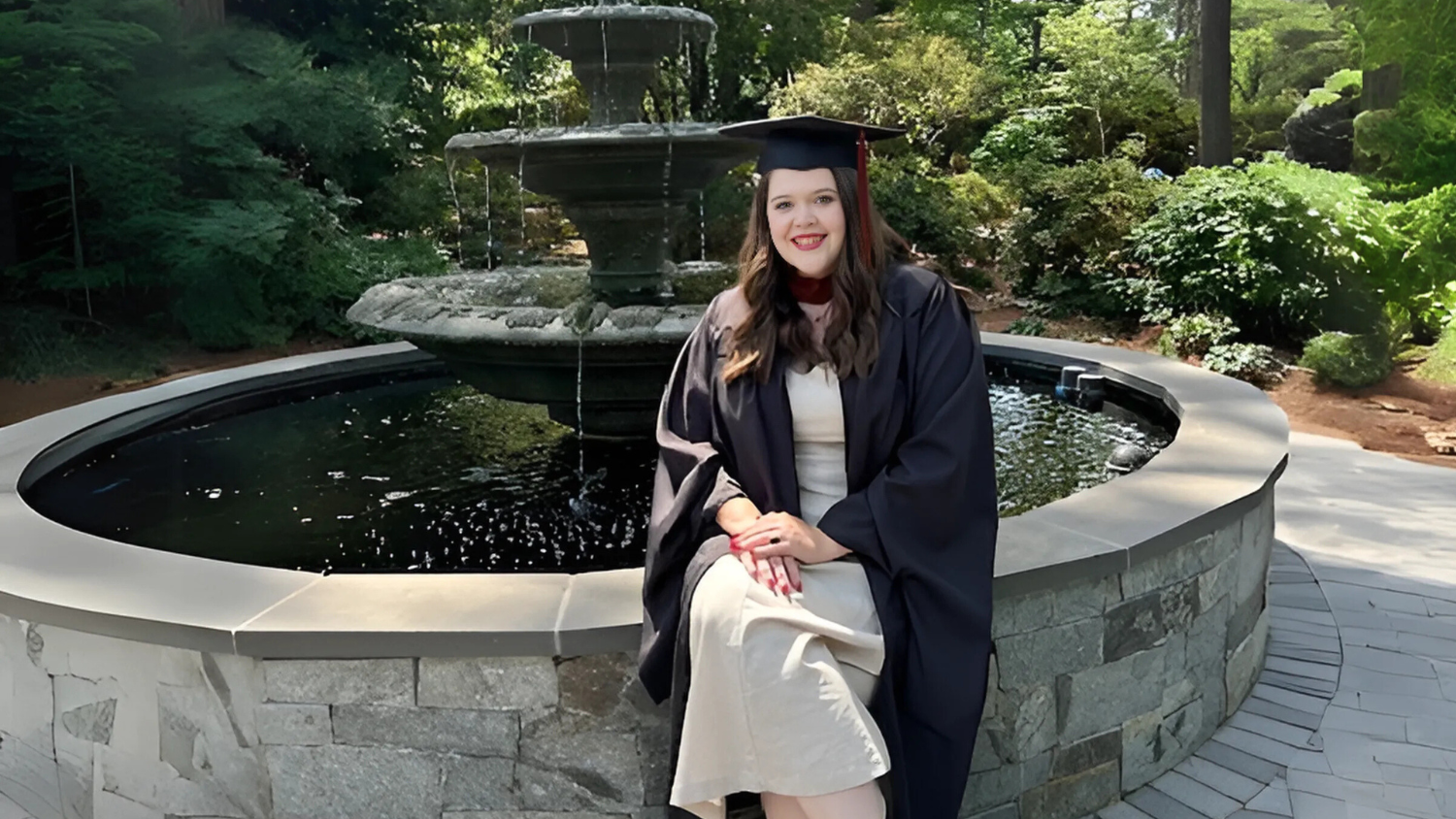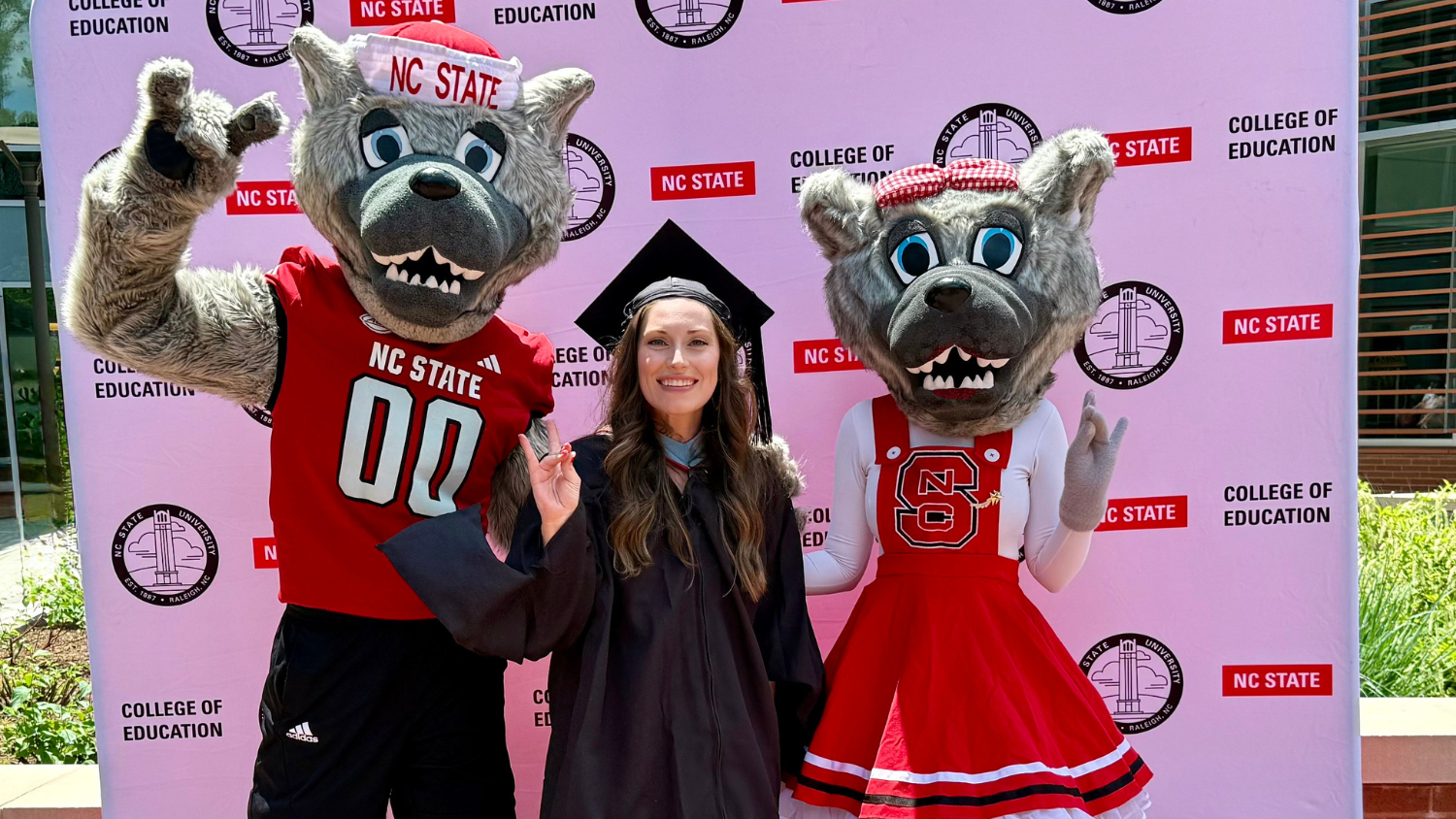Herle McGowan: Mentoring Students with Compassion

“We are surrounded with ever widening horizons of thought, which demand that we find better ways of analytic thinking. We must recognise that the observer is part of what he observes and that the thinker is part of what he thinks. We cannot passively observe the statistical universe as outsiders, for we are all in it.” – Gertrude Cox
Founded by statistician Gertrude Cox in 1941, NC State’s Department of Statistics is one of the nation’s oldest and most prestigious. With over 80 years of statistical excellence, the department and its alumni have shaped statistical sciences in professional and academic settings around the world.
Teaching Professor Herle McGowan, who specializes in teaching introductory statistics courses for students of all majors, appreciates the critical role that statistical literacy plays in helping people make informed decisions, just as Cox recognized years ago.
According to McGowan, the concept of statistical literacy has always been important but is critical in a time when arguments are supported by hearsay rather than verifiable data.
“The pandemic brought to light major misunderstandings and misgivings about data that statisticians, in particular statistics educators, need to address.” McGowan said. “The future of statistics is in data science and methodology for analyzing big data as well as in statistical literacy education, starting in elementary school and becoming more sophisticated through high school and college. This concept is important for all citizens, not just future statisticians.”
As the professor for ST 517 Applied Statistical Methods I, an intro course for graduate students originally built for an entirely online audience, McGowan knows that it is crucial to have thoughtfully designed classroom policies in addition to good pedagogy. McGowan was familiar with active learning to help students explore and solidify concepts in her in-person courses and sought training regarding online pedagogy offered through DELTA and the Office of Faculty Excellence, which helped her incorporate active learning in her online classes. Even with extensive training and experience in online teaching, McGowan still learned a lot while teaching during the COVID-19 pandemic.
“My biggest takeaways from the pandemic are the need for flexibility and compassion in the classroom,” McGowan said. “For example, I used to have a ‘no late work’ policy that led to dozens of emails from students asking for exceptions for extenuating circumstances. Now I have an automatic 24-extension for homework deadlines, which benefits all students with no questions asked. This policy gives students ‘flexible guardrails’ that allow them to keep their learning on track when life gets in the way — and it also cuts down on email for me — so it’s a win-win!”
McGowan also understands the importance of mentoring students, especially young women who might be struggling to maintain work-life balance in academia.
“I feel pressure to succeed thanks to my perfectionist personality, and I think being a woman adds to that overall pressure. I enjoy mentoring because I have benefitted from it and am happy to pay it forward,” McGowan said. “I’ve spoken with many students who believe they have to choose between advancing their education or career and having a family. I had two children during graduate school so I enjoy talking with students about how they can achieve their personal and professional best. There is no prescribed solution, but remaining flexible and adjusting to constantly changing schedules and needs is key.”
McGowan is a co-advisor for the Professional Strategies Working Group in the Department of Statistics. Although the meetings are open to all students, the group’s focus is on underrepresented and female graduate students — mentoring them on (typically unspoken) professional norms, navigating graduate school, and transitioning from school to career. McGowan remembers a particular student who was struggling to finish her thesis.
“The group provided an outlet where this student did not feel judged and where the mentoring went beyond research to focus on her future as well,” McGowan said. “This type of support helped her keep going, finish the dissertation, and start a wonderful job. She came back recently for our graduation ceremony; I was so happy to see her walk across the stage!”
Recently awarded the Alumni Distinguished Undergraduate Professor Award, McGowan puts her heart into teaching. She also recently began serving as the Chair of the Faculty at NC State, which means that she leads the Faculty Senate and has the opportunity to advocate for faculty in a variety of areas.
“I am genuinely grateful to have my efforts recognized by my colleagues throughout the university,” McGowan said. “My department has many female faculty who are research rockstars and strong leaders. I think my department’s success is in making good hires and then creating an environment where we can succeed. Collegiality and mentoring are important to that environment.”
This post was originally published in DELTA News.
- Categories:


